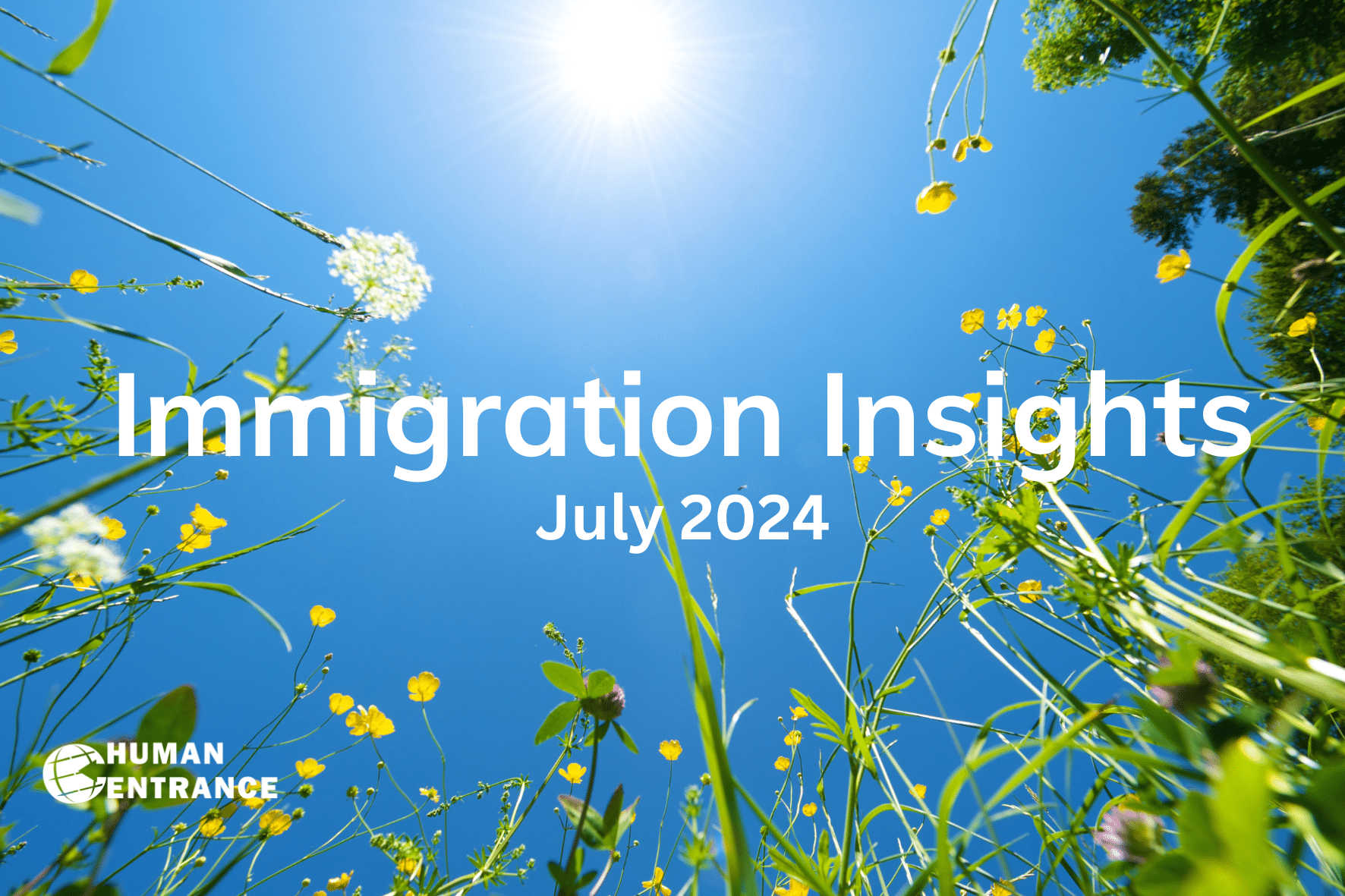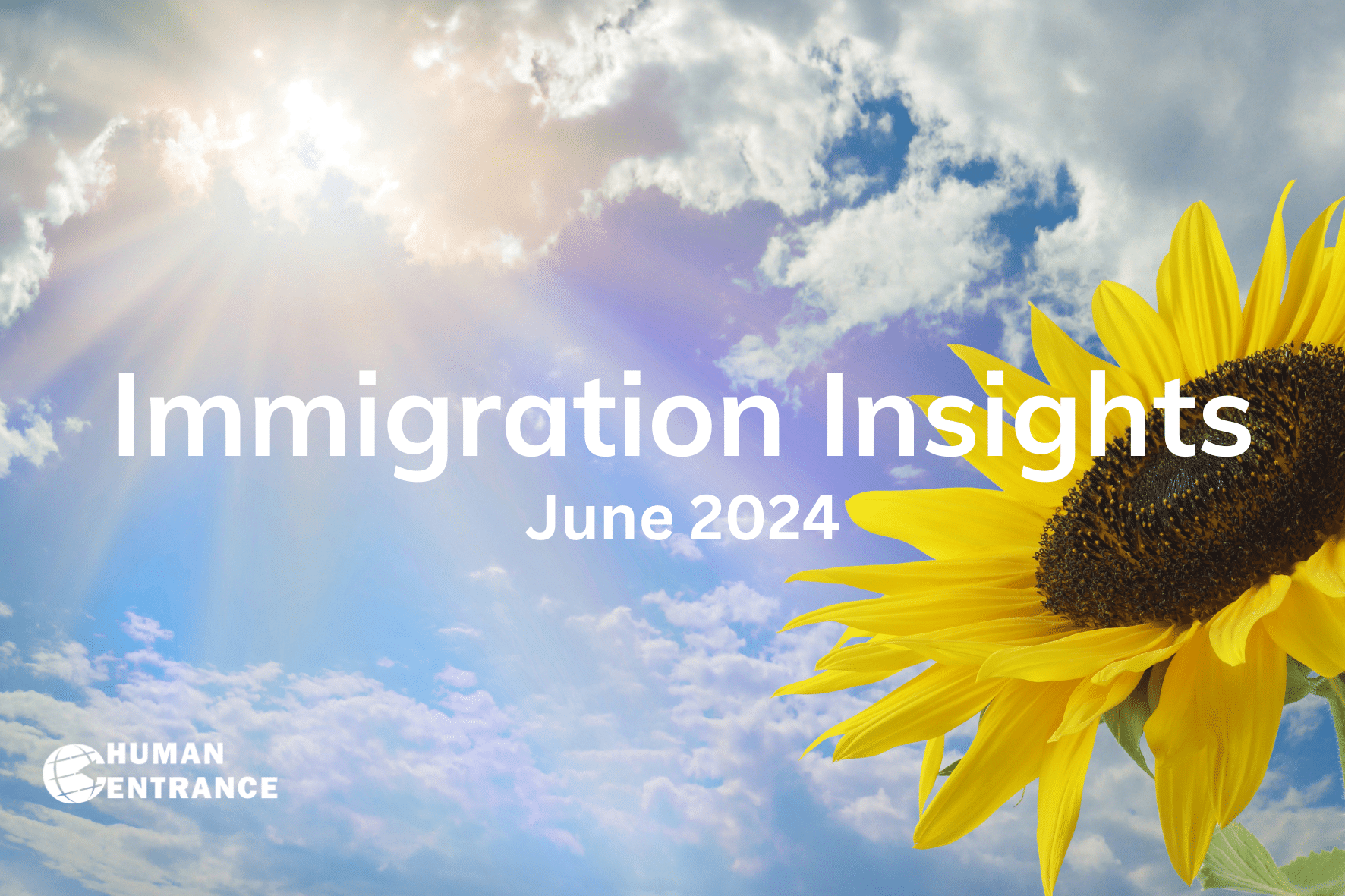At a press conference on Friday 12 May 2023, Minister for Migration, Maria Malmer Stenergard, together with the Director-General of the Swedish Migration Agency, Mikael Ribbenvik, presented a suggestion for a new model for the work permit process. The changes are due to be presented to the Government in September and expected to be implemented at the end of 2023.
What we know so far
The Swedish Migration Agency (MIG) received a mandate to promote highly qualified labour immigration in the appropriation directions for 2023. MIG has proposed an overhauled model for the work permit process and will establish international recruitment units to fulfil this task. Specifically, the new model will promote recruitment of employers seeking to hire highly qualified professionals from outside the EU, while also aiming to shorten the processing time for all labour market cases.
The employer’s ability to bring highly qualified workers to Sweden will be the focus of the new model. The new international recruitment units will exclusively handle applications for, and provide service to, employers who recruit from the highly qualified segment. The processing time shall be 30 days, provided that the application is complete (category “A” below). This process will replace the current certification process – the “Fast-Track” certification system will thus be phased out. More info on the new model below.
How do the changes affect you as our customer
We expect the vast majority of our clients will see a positive change as the stipulated processing time of 30 days provides predictability in the work permit process. No practical changes will be present as your process with us will continue as usual. Expertise in the work process, regulations scope and the ability to ensure good quality applications will be crucial to meet these short processing times. As before, the short processing time is based on an application being correct and complete. However, companies will now skip the need to be certified, which allows for an overall faster process and more inclusivity.
The new model
The current certification system for handling work permit cases has overgrown and can no longer fulfil its original purpose. It will be phased out and replaced by the new model.
The model includes four categories.
Category A: Work permit applications for highly qualified occupations.
- The term “highly qualified” is defined in the Swedish Standard Classification of Occupations (SSYK).
- It applies to three occupational areas: managerial occupations, occupations with requirements for advanced university competence, and occupations with requirements for higher education competence or equivalent.
Category B: Work permits in occupations with specific rules.
- Such as seasonal occupations, berry pickers, intra-corporate transferees (ICT), permits under the EU Blue Card Directive, artists, researchers, athletes/coaches, au-pairs, trainees, youth exchange agreements, and volunteers.
- It also covers applications to start business activities and so-called “track changers” from asylum cases.
Category C: Work permits for occupations that do not require a higher level of academic competence for employers who are not active in industries that fall under the scrutiny of special assessment circumstances.
- Will be decided by SSYK codes as well.
- This category could include occupations such as administrative assistances, junior positions, among others. Applications for major new establishments in growth areas also fall into this category. More clarification is needed on exactly what positions will fall under this category.
Category D: Work permit applications for employment in industries that the Swedish Migration Agency defines as particularly demanding.
- Can include industries such as cleaning, construction, personal assistance, and hotels and restaurants.
Our take on these upcoming changes
We welcome the “business perspective” that MIG is presenting with this new model. The new changes will allow for Sweden to be more competitive in attracting highly qualified international talent by prioritizing a company’s needs first.
We still have many questions regarding practicalities. But, we are following developments closely and will continue to inform you of new processes when these changes come into action.
Did you know Human Entrance was one of the first companies to enter into an agreement with MIG 12 years ago to become part of the certification system? Initially, we were 20 companies in the certification system. Today there are 600+ companies.
The certification system has not provided the predictability of processing times that it promised in recent years. The system was also built in favor of large corporations which excluded the needs of growing companies. Therefore, we are looking forward to the new, more inclusive system and seeing how it will meet both ours and the needs of all our clients! Ensuring a reliable and predictable process is our highest priority, and we are happy that MIG agrees.
Curious about recruiting international talent? Get in touch for a consultation: Contact Us



